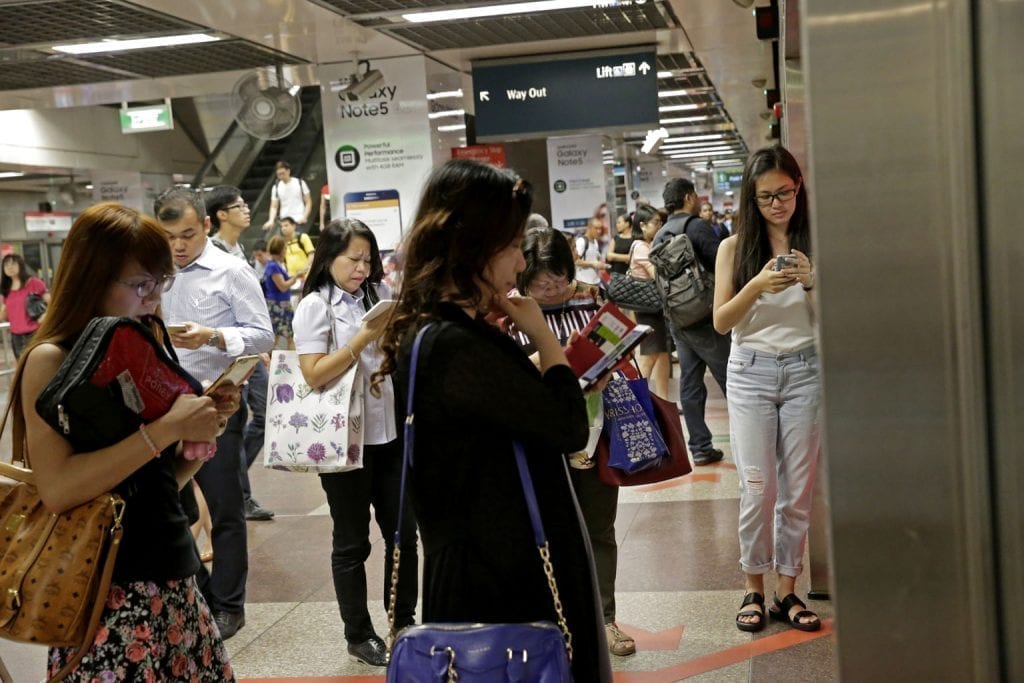
In a sign of a tepid increase in inflation, the Monetary Authority of Singapore reports that consumer price inflation rose to 0.2% in December from 0.0% in November, due to a larger increase in private road transport cost, which rose 1.7% over the month because of higher petrol prices and parking fees. In comparison, MAS Core Inflation eased to 1.2% from 1.3% in the previous month, because of lower retail goods inflation.
Services inflation edged up to 1.6% from 1.5% in the preceding month, mainly on account of a faster pace of increase in holiday expenses, which more than offset the larger contraction in telecommunication services fees. Food inflation was 2.0% in December, unchanged from the previous month.
Price increases for both non-cooked food items and prepared meals were broadly stable. Accommodation cost fell by 3.8% in December, like the previous month, reflecting continued softness in the housing rental market.
Overall retail goods inflation eased to 0.0% in December from 0.2% in November, largely because a fall in the prices of personal care products following the rise in November. For the whole of 2016, CPI-All Items inflation came in at -0.5% for the second consecutive year.
CPI less imputed rentals on owner-occupied accommodation (CPI-ex OOA) rose by 1.2% in December Inflation as measured by CPI less imputed rentals on owner-occupied accommodation (OOA) picked up to 1.2% in December from 1.0% in the preceding month, reflecting the stronger pickup in the cost of private road transport.
For 2016 CPI less imputed rentals on OOA rose by 0.3%, higher than the 0.1% increase in 2015. MAS Core Inflation was slightly lower at 1.2% in December MAS Core Inflation was 1.2% in December, slightly lower than the 1.3% in November, as the decline in retail goods inflation more than offset the increase in services inflation. For the whole of 2016, MAS Core Inflation rose to 0.9%, from 0.5% the year before.
On the external front, MAS says it expects imported inflation is likely to rise modestly on the back of a turnaround in global commodity markets. Global oil prices are expected to average higher in 2017 compared to last year, “although upward pressures would be capped by existing inventories as well as an anticipated increase in US crude oil output. Domestically, overall cost pressures should be muted,” says the market regulator.
MAS also reports a pullback in hiring, as conditions in the labour market have slackened. “This will cap underlying wage growth, even as non-labour business costs have eased. The subdued growth environment will also constrain the extent of cost pass-through to consumer prices.
For the whole of 2017, MAS Core Inflation is expected to average 1–2%, compared with 0.9% in 2016. Energy-related components are projected to contribute positively to inflation in 2017, while the temporary disinflationary effects from budgetary measures will fade.3
However, the increase in core inflation will be gradual, given the absence of more generalised demand-induced price pressures. CPI-All Items inflation is projected to pick up to 0.5–1.5% this year, from -0.5% in 2016, largely reflecting the rise in private road transport cost,” it concludes.